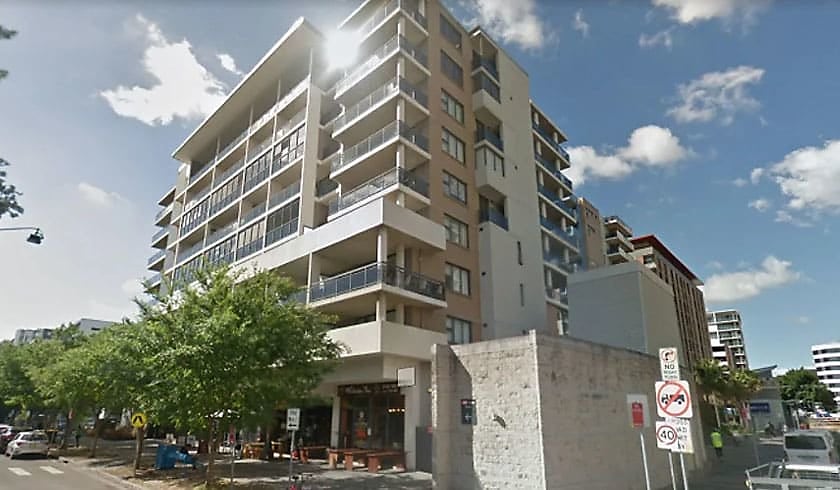Mascot Towers disaster comes to an official close
The NSW government has laid to rest “one of the darkest chapters in building in this state”.

More than 100 unit owners have shaken hands on a deal with the state government, allowing them to finally move on with their lives after the long-running debacle.
It marks the end of a long journey of payouts and financial support, starting with the emergency payments first issued to owners in 2019, following the discovery of dangerous cracks in the basement of the apartment complex. As of 30 June 2024, those emergency payments have ceased.
In May this year, NSW Building Commissioner David Chandler offered a deal to 123 unit owners, allowing them to sell their properties and rid themselves of debt.
Owners would receive the sale price of their unit, along with a share of means-tested support to resolve debts, equal to $8.2 million distributed across all owners.
Of the 141 lot owners, 18 owners chose not to sell on these terms, and will reportedly continue to work with Bayside council and a third-party private consortium to determine the future of the site.
Anoulack Chanthivong, Minister for Building, underscored that while “every cent of support spent to help keep owners afloat was worth it […] in the future bad builders should pay these costs, not the taxpayer”.
“The NSW Minns Labor government is working every day to lift standards in the building sector and reduce the risks of another Mascot Towers,” Chanthivong said.
Over the past five years, the government has forked out over $24 million in two assistance packages for impacted owners: a $400 per week payment for owners needing temporary accommodation launched in 2019, and a $1,000 per week payment for investors to cover the costs of lost rental income.
The recent sale deal involved complex negotiations with a variety of players, including the chief executive of Shelter NSW and several major banks, who agreed to discount owners’ mortgages up to 40 per cent as part of the deal.
Speaking on the deal, Shelter NSW CEO, John Engeler, stated: “It’s not perfect, but it’s good enough so that people can get on with their lives.”

